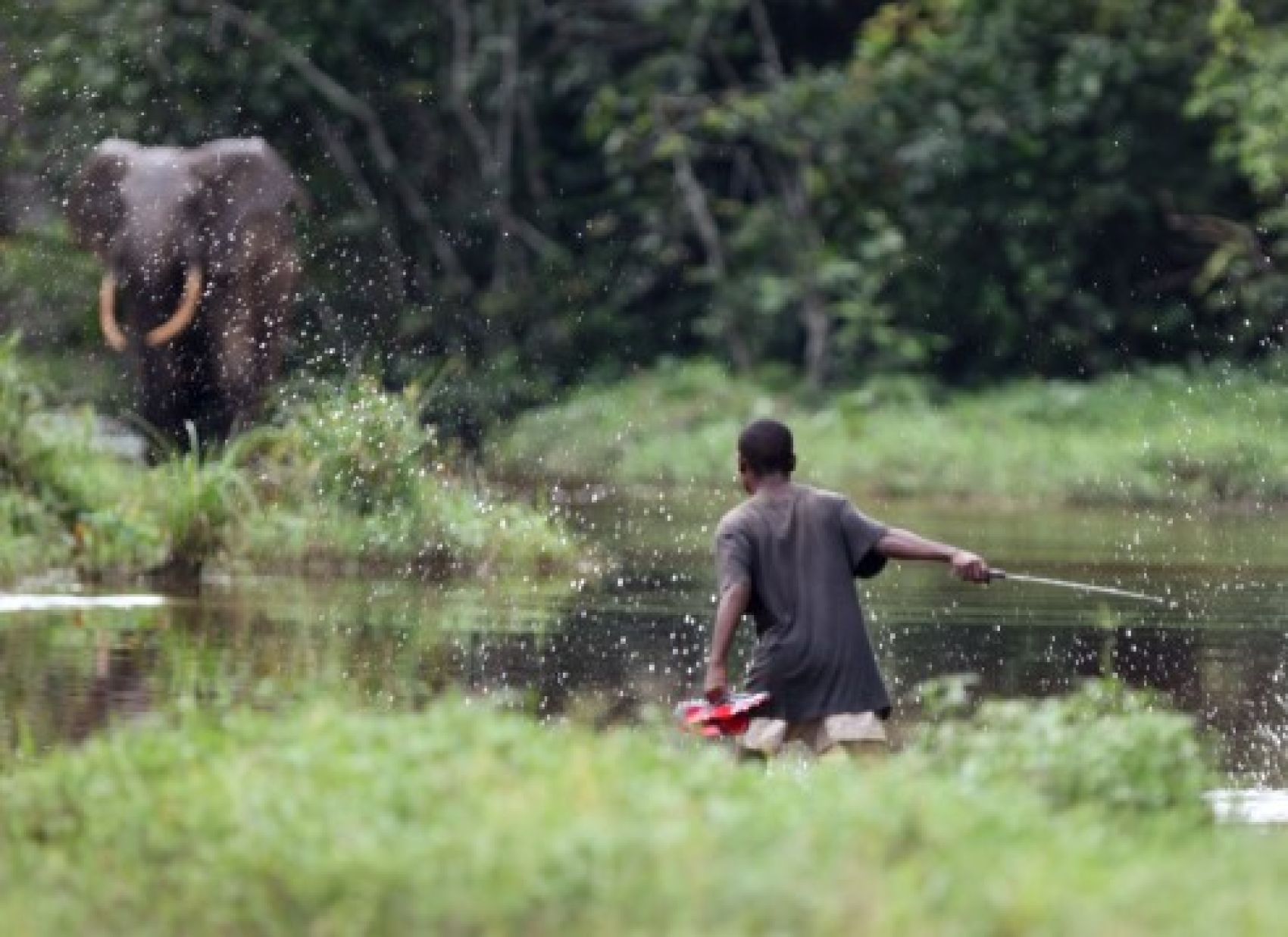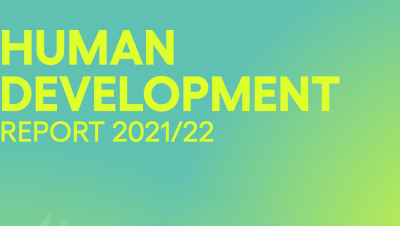Human life is facing new, unprecedented challenges. From devastating cyclones to a nearly invisible virus, our lives are shaped by nature in profound ways. The COVID-19 pandemic has cast a spotlight on the relationship between people and planet, and how human activities are altering the quality of life for humans and other species.
Many of the scientists who study the earth’s systems believe we are in a new geological epoch, a timeframe of the earth’s system, called the Anthropocene, where humans are the dominant influence on the world’s environment and climate. Whether or not we have indeed crossed that threshold is not so important. What is clear is that recent shifts mark significant departures – including rising temperatures, ocean acidification, collapsing ecosystems – all of which create conditions that threaten many species, including humans.
UNDP and UNEP recently organized a workshop on ‘People and Planet’ bringing lead thinkers around the world together to explore the relationship between nature and human wellbeing. Participants discussed key challenges facing humans at present and in the future as a result of heightened human influence on nature.
“One million species are on the verge of disappearing, changing ecosystems impacting the various services that nature provides to humans. However serious COVID-19 has been in the social, health, and economic spheres of human life, they are dwarfed by the challenge of biodiversity and ecosystem loss, that is happening now and lies ahead of us”, says Bob Watson, former chair of IPBES. These issues while sometimes – wrongly- perceived to be solely environmental, in fact transcend all three pillars of sustainable development.
Natural capital is one way to think about the value of a healthy environment. Natural capital includes a variety of nature’s products such as food, energy, and fossil fuels that we all recognize, but also ecological services that are less understood, and most often, not captured in markets. These include, for example, microorganisms that help maintain forest ecosystems, or mangrove forests that provide coastal protection from cyclones. Many of these services are hard to quantify and assess. “Ecological systems are quite sensitive. There have been cases in which they have collapsed just when a single species becomes extinct, and the resulting imbalance it creates," says Professor Edward Barbier of Colorado State University.
Many countries are depleting their natural capital at an alarming rate. This is particularly true for middle and lower-income countries, and those on higher growth trajectories. As a result, future populations in these countries may be deprived of basic services and resources, such as clean air, fresh water or healthy soil. Managing natural capital requires measuring it, and so UNEP and the World Bank have prepared methodologies for measuring and tracking natural capital as part of the wealth of nations.
One important aspect is that many services that nature provides remain invisible or outside of market systems. How do we for example value the regulatory services such as climate stability provided by standing forests and clean, healthy oceans? How can we value biodiversity and the variety of services it provides to humans?
While the answers are not yet clear, some points are. There is growing consensus among experts, for example, that the GDP as a measure of a country’s development is no longer adequate. Diane Coyle, Professor of Politics and International Studies at the University of Cambridge, reminds us that while GDP may have served us quite well in the post-depression era, it was never intended to be the only target for countries to chase. A country in its pursuit of high growth rate may deplete its natural resources putting its future economy and society in peril. The literature on inclusive wealth and natural capital therefore highlights other variables that countries need to consider for balancing overall well-being.
When the concept of human development and the Human Development Index was first introduced, it was articulated through three dimensions that drive people’s capabilities to lead a dignified life: income, health and education. We have come a long way in these areas since 1990, yet in 2020 - in the face of a global pandemic - human well-being is at the mercy of nature.
On its 30th anniversary, the 2020 Human Development Report will delve into these issues. It will analyze the relationship between humans and planet, examining how nature is impacting human opportunities in the present and in the future. It will assess the pathways for sustainable human development, upgrading both its conceptual and analytical frameworks, by bringing in nature more explicitly.


